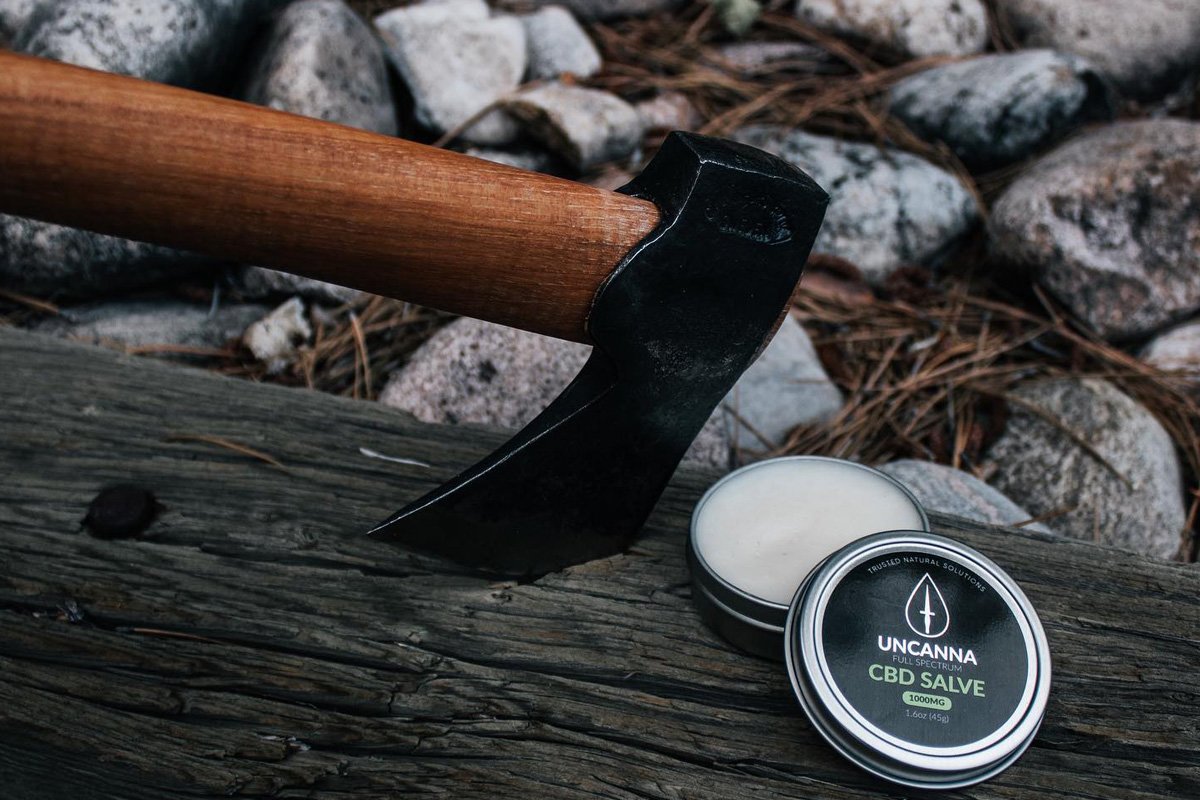
Coby Cochran, owner of Colorado-based UnCanna, is a former U.S. Army Ranger with 10 years of active duty under his belt. He was also a member of Team 8 in the 2012 Best Ranger Competition. To most, his outward appearance indicated a young, physically active guy who had everything going for him. However, the reality was that Cochran was off the track, riding a southbound train. He was abusing alcohol, suffering from depression and anxiety — essentially dealing with all the symptoms of post-traumatic stress disorder (PTSD) at once.
The situation came to a head while he was still active in 2018 after two of his military buddies killed themselves. Including Cochran’s father, the total number of people in his life who had died from suicide was seven. Motivated by his wife and 2-year-old son, Cochran knew he had to get help. His medical team told him that transitioning out of the military was inevitable.
That transition was an unusually short one — less than six months. He had to develop a plan quickly. At the time, Cochran was heavily medicated: 13 different prescriptions, including opiates, insomnia drugs, antidepressants, traumatic brain injury (TBI) neurological drugs, and even more medications to counteract the side effects from the others.
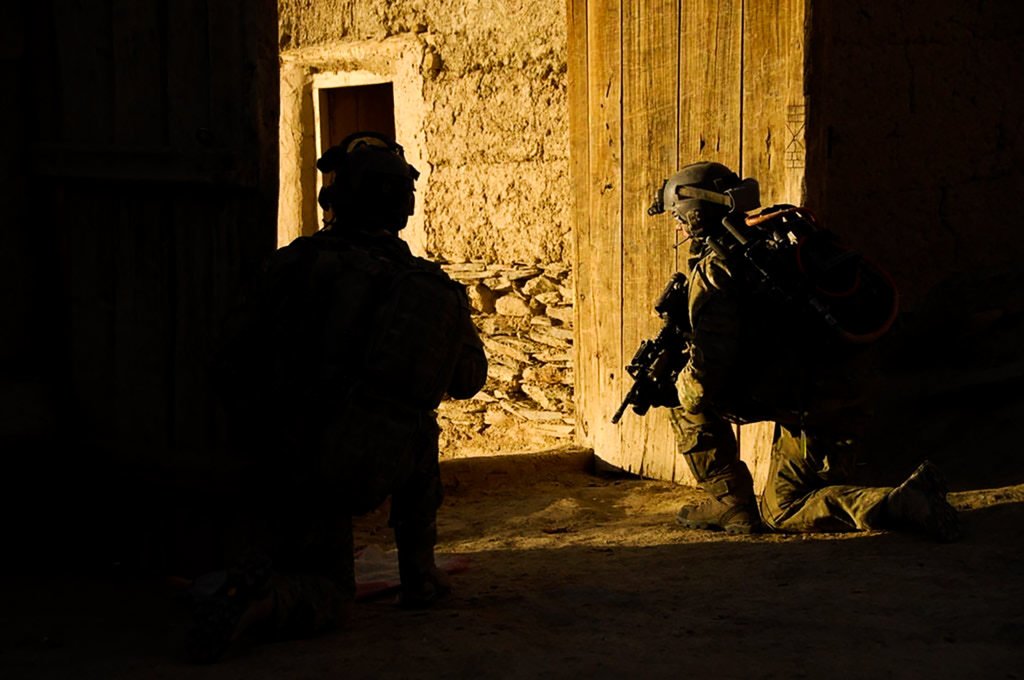
“The pills almost cost me my life on numerous occasions,” Cochran said. “I mentally hit rock bottom. They took a massive toll on my personal life. I felt like a shadow of the man I once was.”
While participating in a non-Department of Defense (DOD) outpatient program, Cochran learned about cannabidiol, or CBD, from a physician who had been prescribing it to her patients and seeing positive results. Facing the civilian interview process, Cochran was concerned about the potential of failing a drug test but knew he had to fix his life before worrying about a job.
“I was at a point in my life where it was a life-or-death matter,” he said. “I needed to find something that worked. I would have smoked weed at that point if it would have helped.”
CBD is no magical potion, but Cochran credits the hemp-based compound for turning his life around. In six months’ time, he was able to discontinue all of his 13 prescriptions. “Just getting off the meds — you know, the antidepressants that were just completely fogging my mind — was huge,” he said. Cochran was also sleeping soundly and found the pain associated with his migraine headaches to be more manageable. CBD not only gave Cochran a new lease on life, it also provided the direction he needed for his new career in the civilian world.
“I was at a point in my life where it was a life-or-death matter. I needed to find something that worked. I would have smoked weed at that point if it would have helped.”
Cochran had some pre-military experience with business, so starting a company was not a completely foreign task. He began to put together a business plan and research available CBD products. Along the way, Cochran met a couple of guys in Colorado who had 10 years’ experience and were well-established in the CBD industry.
Cochran expressed his desire to start a company that pushed CBD into the veteran community. They were impressed and offered to mentor him through the start-up of his business. By leveraging the relationship with his Colorado contacts and making an emotional pitch to help his fellow veterans, Cochran gained access to a myriad of privileged CBD research data, unavailable to many of his competitors.
After separating from the military in 2018, he moved to Colorado and hit the ground running with start-up capital consisting of his own life savings. UnCanna has since grown organically, without the assistance of outside investors. The timing, however, was nearly perfect as public interest in CBD had been growing exponentially.

Cannabidiol is one of the naturally occurring cannabinoids found in all plants in the cannabis family. While it can be extracted from marijuana, legal CBD comes from the hemp plant, which contains no more than 0.3 percent tetrahydrocannabinol (THC), the chemical that causes the intoxicating effect of marijuana. By comparison, marijuana averages 5 to 20 percent THC, with some “premium” strains containing 25 to 30 percent. The trace levels of THC in hemp make it impossible to get high from the plant; however, hemp-based CBD has been shown to deliver numerous health benefits.
Hemp, like all plants in the cannabis family, contains nearly 500 compounds. These include:
- Cannabinoids — THC and CBD among them
- Terpenes — compounds often used in aromatherapy
- Flavonoids — the nutrients responsible for the non-green colors exhibited in plants, known for their beneficial antiviral, antioxidant, and anti-inflammatory effects
- Fatty acids — essential nutrients like Omega 3 and Omega 6, shown to speed up the body’s ability to make protein and improve heart health.
Due to the various beneficial ingredients of hemp, most knowledgeable proponents of CBD recommend products that include all of the plant’s naturally occurring compounds. This type of “full spectrum” extraction maximizes the “entourage effect” — the synergistic boost from all the ingredients.
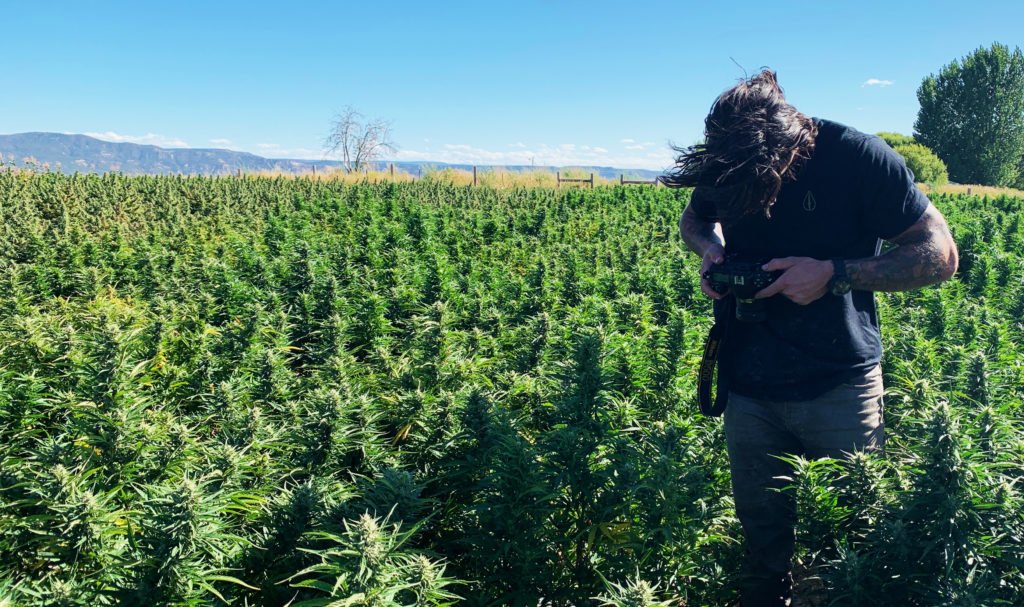
The CBD industry as we know it today germinated on Dec. 20, 2018 — the date of the 2018 Farm Bill, which passed both houses of Congress by landslide margins. For the first time in history, the federal government finally recognized the difference between hemp and marijuana, and allowed hemp products to move across state borders.
According to Alexander Beadle at analyticalcannabis.com, “previous legislation — namely the 1937 Marijuana Tax Act and the 1970 Controlled Substances Act, failed to make any distinction between … [these] plants — as a result, hemp was banned and classified as a Schedule 1 drug alongside cannabis in the same schedule as heroin, LSD and ecstasy. With the passing of the 2018 Farm Bill, that difference has now been officially recognized and the prohibition lifted.”
While the 2018 Farm Bill was the first legislation to make hemp legal everywhere, an earlier Farm Bill in 2014 had set the stage, authorizing states to create small pilot programs for the purpose of growing and studying industrial hemp. These programs required authorization by the U.S. Department of Agriculture and were heavily restricted. However, the 2014 Farm Bill was significant because it gave some very large companies and the federal government a four-year jump on many firms that entered the CBD market after 2018.
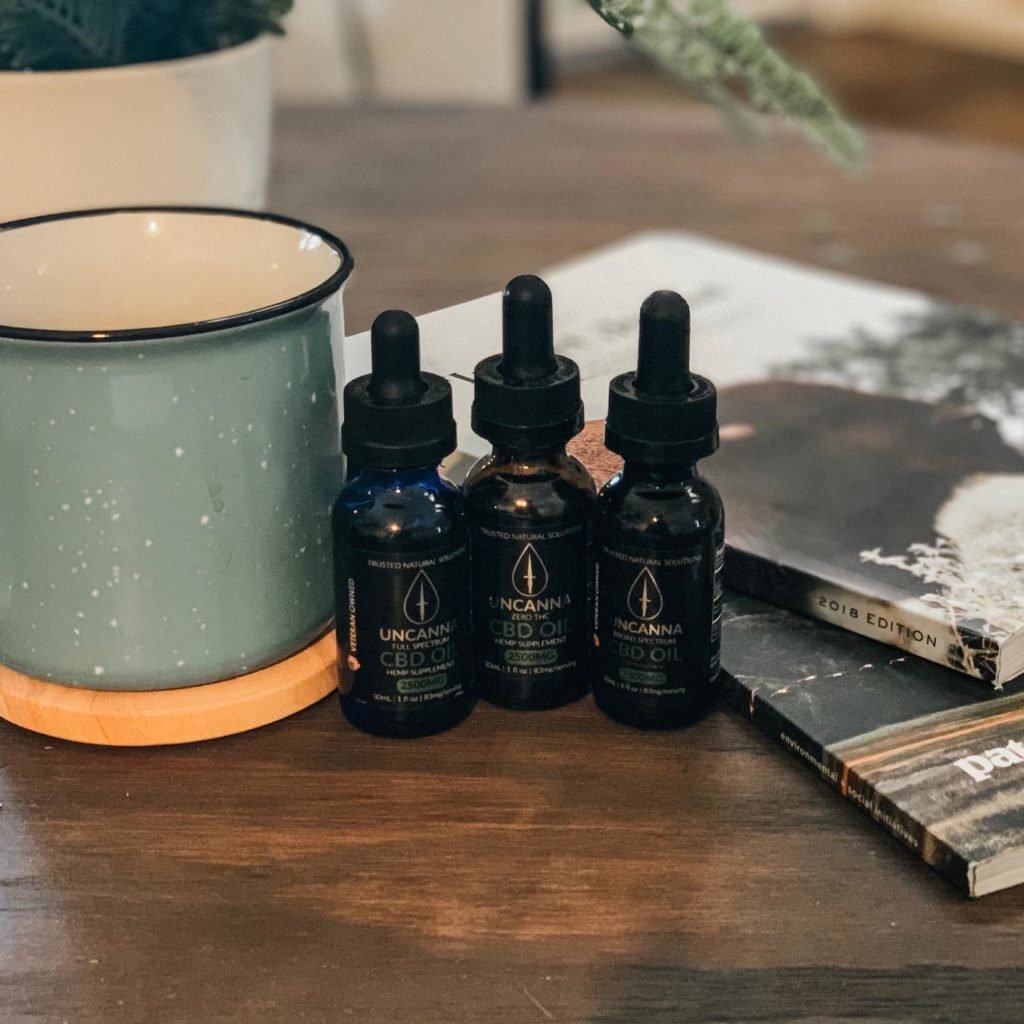
While the Food & Drug Administration still restricts what companies can and cannot say about the health benefits of CBD, the research is convincing. CBD is generally well-tolerated in humans with minimal side effects and does not seem to be habit forming. According to the World Health Organization, any adverse reactions to CBD seem to be the result of interactions with other medications taken by the patient.
Unlike THC, CBD has no negative impact upon heart rate and blood pressure under normal conditions. In some studies, CBD actually reduced heart rate and blood pressure in stressful situations. (While this can be viewed as a benefit for most patients, those who are taking heart and blood pressure medications should consult a qualified medical professional before taking CBD.)
Long-term effects on the immune system are unclear. Some data suggest immunity can be suppressed at higher concentrations of CBD. However, other data shows immune stimulation occurs at lower dosages.
CBD has been demonstrated as an effective treatment of epilepsy in several clinical trials. There is also preliminary evidence that CBD may be a useful treatment for a number of other medical conditions, including Alzheimer’s, Parkinson’s, pain and inflammatory diseases, irritable bowel syndrome (IBS) and Crohn’s, and complications of diabetes. Numerous studies also document the significant anti-inflammatory effect of CBD when it’s prescribed to manage pain. Likewise, many CBD patients have reported significant relief from symptoms caused by anxiety and depression. Still others rely upon the compound to treat sleep disorders like insomnia and restless legs syndrome (RLS).
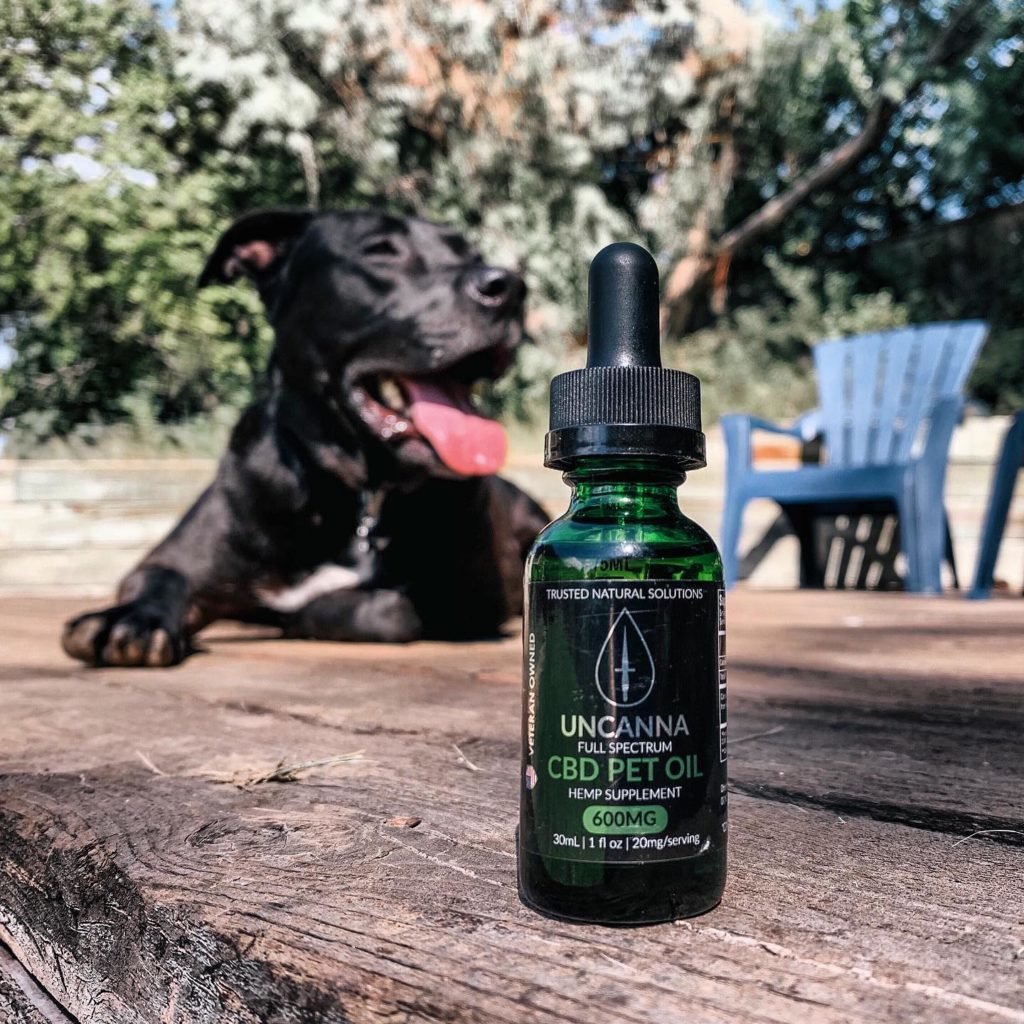
Given the opiate crisis, rampant alcohol and drug abuse, and the ever-increasing suicide rate inside and outside the veteran community, what is preventing the federal government from lifting the restrictions on CBD? The proponents of cannabidiol are not shy about pointing a finger at the “Big Pharma” lobby, citing these and other trends:
- Lower percentages of antidepressant drug use in states where medical marijuana is legal
- The internet and social media making patients much more aware of the dangers and negative side effects of many prescription medications
- Corporate, Big Pharma lobbyists applying for cannabinoid-based drug patents for medications to treat a variety of ailments, including epilepsy and multiple sclerosis
Another contributing factor is the widespread reliance upon urinalysis technology for drug screening. Nowhere is this more prevalent than the U.S. military. Due to trace levels of THC in CBD, it is technically possible for the supplement to trigger a false positive for marijuana use. An official recognition of the therapeutic value of CBD by the federal government would likely force the military (and other government agencies) to completely overhaul policies and procedures related to drug screening — no small task.
Individuals forced to undergo drug testing as a condition of employment have genuine concerns about the preferred, full-spectrum CBD products. Is it likely the trace levels of THC in hemp would trigger a “hot” (positive) urine test? CBD manufacturers — UnCanna included — are careful about answering that question one way or the other.
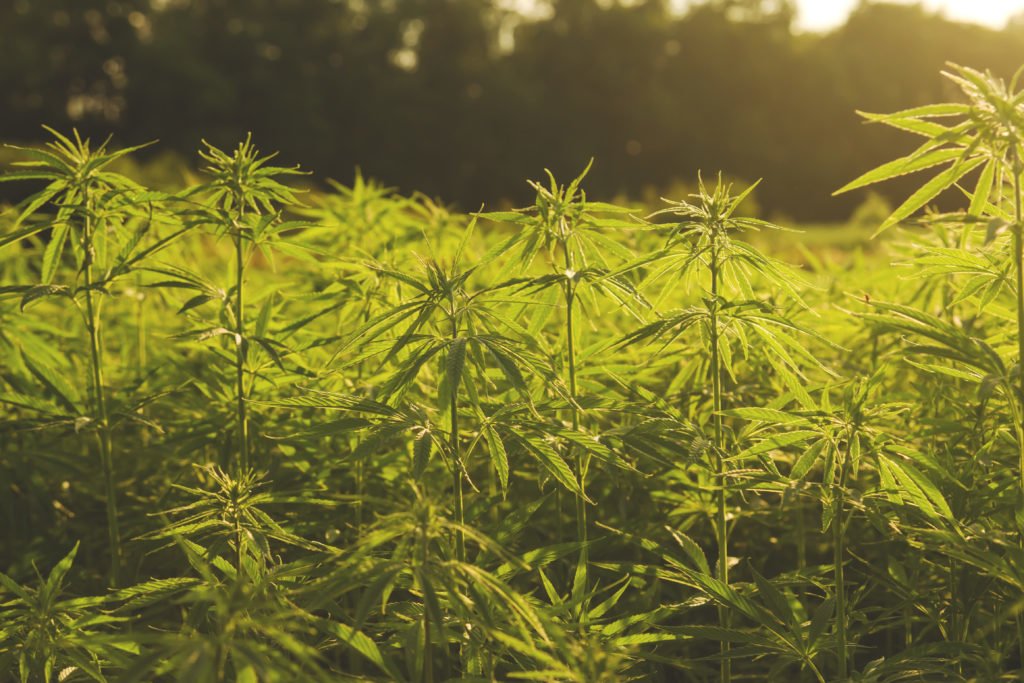
While 0.3 percent THC should not be enough to flag a positive result, there have been claims to the contrary. In many of these cases, evidence suggests those making such claims were supplementing CBD with other forms of cannabis. However, drug testing procedures and equipment vary — so the truth is, there’s simply no way to guarantee clean test results. For this reason, many CBD companies commonly offer two alternative formulations: broad-spectrum and isolate. Broad-spectrum products are essentially full-spectrum CBD without the THC, while isolate is an ultra-refined extraction that yields 99.9 percent pure CBD. The isolate extraction process removes all plant matter, including the THC, terpenes, waxes, and more.
How can consumers be certain CBD products contain (or omit) the ingredients as advertised? Unfortunately, the “buyer beware” disclaimer applies. Content and purity are only as good as the manufacturer’s extraction process, and, due to the lack of federal regulation, the only way to confirm quality is to do your own research.
“Ninety percent of [the players in the] CBD industry offer max product of 1,000 milligrams under a celebrity flash brand that has a bunch of money thrown at it with a large network of distributors and stores,” Cochran said. “These products are low potency, not lab tested, and usually overpriced — but they have great marketing and a large affiliate base behind them.” Most of the full-spectrum products available through retail outlets is the result of poor extraction technique — there are low-level traces (if any) of other beneficial cannabinoids and hemp plant compounds.
Once FDA standards are in place, the hope is that the DOD will at least lift restrictions on THC-free CBD products.
“The industry is exploding,” Cochran continued. “But most of the stuff coming out is overpriced product that has no connection [to] the actual industry leaders who have been doing [the real work] and establishing standard pricing. The math is easy. You break it down, cost per milligram, and you can see how companies are scamming you.”
“UnCanna is a veteran-owned and -operated, premium, small batch CBD company,” reads the company website. “Our mission, research, and honest advocacy [for veterans] make us stand out from the crowd. All of this with no celebrity upcharge, or gimmick products.”
It’s one thing to claim you are an industry leader, but it’s quite another to lead by example. UnCanna’s food-grade processing facility is already poised to meet or exceed anticipated future requirements mandated by the Food & Drug Administration. Unlike some competitors who are comfortable flying under the radar, UnCanna fully supports regulation within the CBD industry to protect consumers from “bad actors.” Cochran believes that regulation will sweep these less-than-scrupulous snake-oil retailers away because they won’t have the infrastructure to meet compliance requirements.
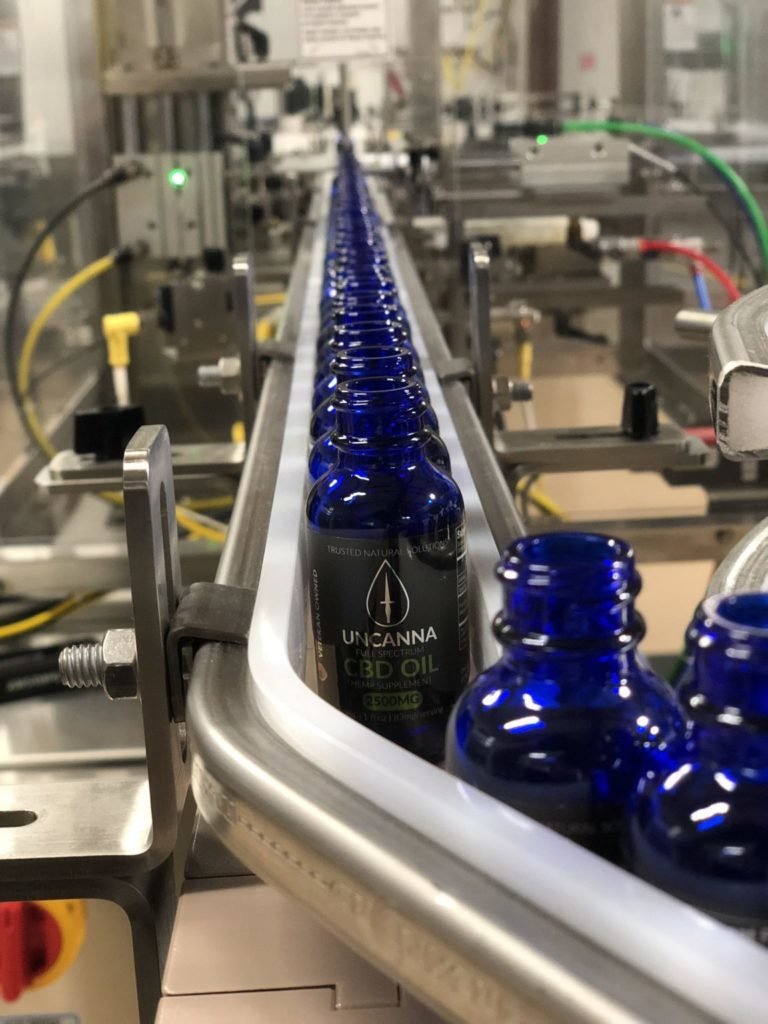
Furthermore, Uncanna uses a third-party lab to test samples from every batch prior to sale, ensuring the safety, purity, and potency of its products. Certificates of authenticity are available to customers.
The voluntary commitment to regulated quality in an unregulated industry should give UnCanna customers confidence in the product. However, for those who need another reason to support this company, consider its stated commitment to work with the government to remove hemp-based CBD restrictions for active members of the military. From the very beginning, Cochran’s primary goal was to help his fellow brothers and sisters — active duty and veterans alike — who are dealing with PTSD, traumatic injuries, and other related issues. UnCanna has been quietly documenting feedback collected from detailed customer surveys.
“These surveys request detailed feedback,” Cochran explained. “‘Are you a combat veteran?’ ‘Do you have a Purple Heart?’ ‘Do have a traumatic brain injury?’ ‘Do you suffer from anxiety, depression, PTSD, or chronic pain?’ We are compiling this data for eventual delivery to Congress.”
The customer surveys are a critical component to UnCanna’s future pitch to the government. However, making that pitch prior to FDA regulation of the CBD industry would fall on deaf ears. So, for now, UnCanna will quietly continue to collect data to strengthen its case. Once FDA standards are in place, the hope is that the DOD will at least lift restrictions on THC-free CBD products. If that doesn’t happen, Cochran plans to petition the White House and push the effort through its newsletter, social media platforms, and professional networks.
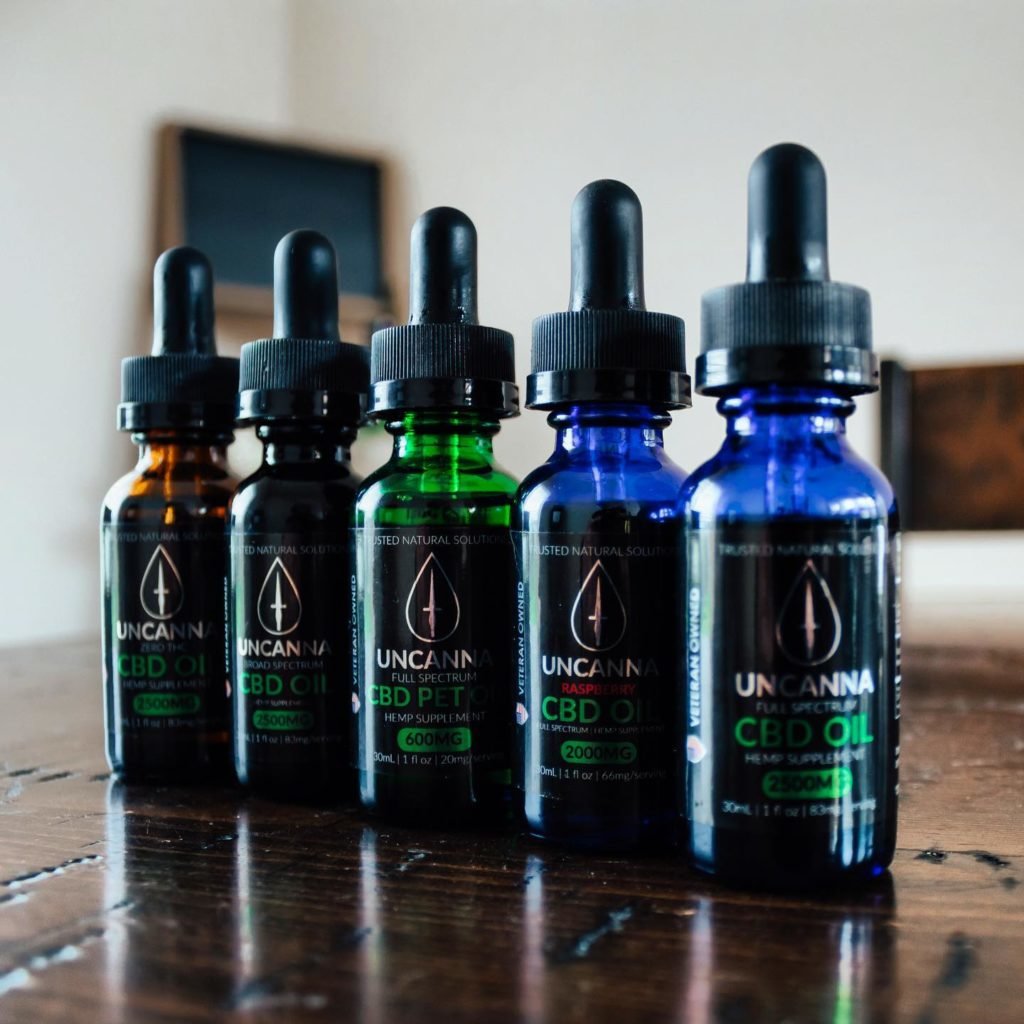
“If the [DOD] saw the data that I look at daily,” he said, “they would see that [CBD] can save lives. Period. I’m tired of burying guys.”
UnCanna’s baseline CBD oil product is 2,500 milligrams, available in full-spectrum, broad-spectrum, and isolate formulations. These products are designed to be a monthly supply, based upon two 30-milligram doses per day. Cochran said his research shows that this dosage and regimen yield the most positive results.
The company also offers full-spectrum and isolate topical salves, as well as an isolate powder that can be mixed with food and beverages. There’s even a 600-milligram oil formula for pets. Additional products for oral delivery, including CBD soft gels, are under development.
You don’t have to be a combat veteran to reap the benefits of CBD — people from all walks of life experience depression, anxiety, chronic pain, and insomnia. With the passage of the 2018 Farm Bill, CBD has finally come out of hiding and is readily available to the public.
Unfortunately, as is the case for any supplement not regulated by the FDA, patients are largely left on their own to find reputable CBD products. UnCanna aims to make that process easier. In a very short period of time, owner Coby Cochran has channeled his personal struggles and firsthand success with CBD into a business that provides hope and healing to many satisfied customers, including other veterans in crisis.
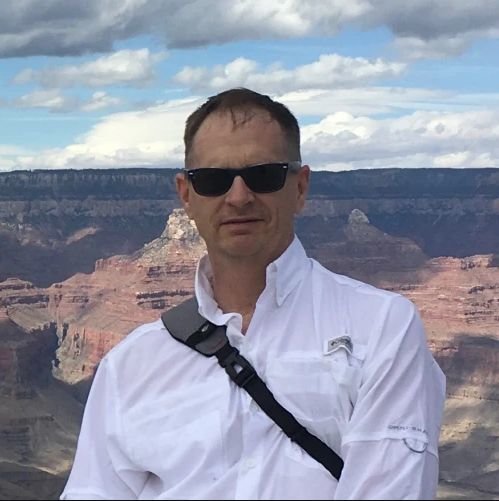
Tim Cooper is a contributing writer for Coffee or Die and has been a freelance writer for more than 20 years. He is also a certified firearms instructor and soon-to-be-famous recording artist with Fat Chance Records. When Tim is not traveling the world on assignment, which is actually more often than not, you will probably find him at a nearby shooting range or sitting behind a drum kit, staring at his bandmates in bewilderment.
BRCC and Bad Moon Print Press team up for an exclusive, limited-edition T-shirt design!
BRCC partners with Team Room Design for an exclusive T-shirt release!
Thirty Seconds Out has partnered with BRCC for an exclusive shirt design invoking the God of Winter.
Lucas O'Hara of Grizzly Forge has teamed up with BRCC for a badass, exclusive Shirt Club T-shirt design featuring his most popular knife and tiomahawk.
Coffee or Die sits down with one of the graphic designers behind Black Rifle Coffee's signature look and vibe.
Biden will award the Medal of Honor to a Vietnam War Army helicopter pilot who risked his life to save a reconnaissance team from almost certain death.
Ever wonder how much Jack Mandaville would f*ck sh*t up if he went back in time? The American Revolution didn't even see him coming.
A nearly 200-year-old West Point time capsule that at first appeared to yield little more than dust contains hidden treasure, the US Military Academy said.












